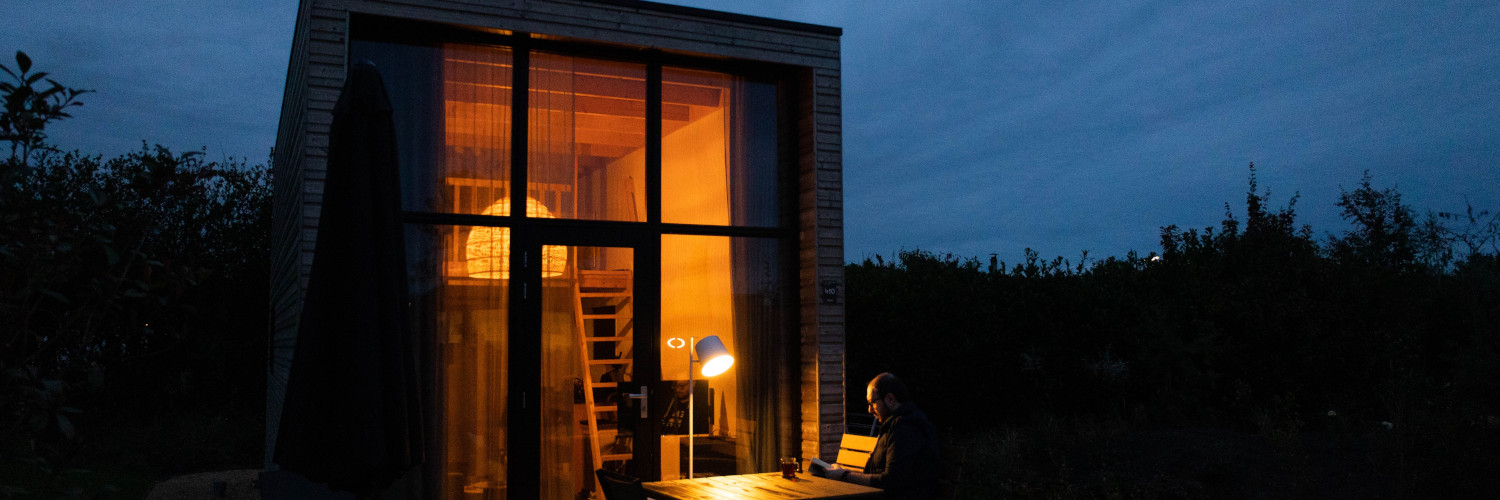Why Tiny Houses? (and can Kiwis really earn a living as a content creator?)
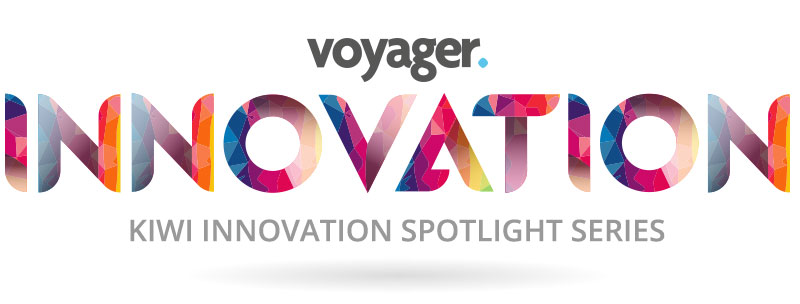
Many years ago I stumbled across a couple of YouTube videos about “tiny houses”.
I found the idea fascinating - these people still had a cosy home to live in, but were dedicating a far smaller percentage of their current (and future) money to a house than what was typical for homeowners.
The reasons for doing this varied widely.
For some it was enabling home ownership when they would never have otherwise been able to afford property in a given location.
For others, it was about reframing what was important in their lives - for example instead of being saddled with a huge mortgage for decades to buy a property in a crowded suburb, surrounded by other houses, they might instead have a very modest tiny home nestled on the edge of a lake with amazing nature all around them, allowing them to go hiking or fishing much more frequently, and at a moments notice.
Some spoke of freeing up enough of their income due to no longer having large mortgage payments that they could spend months of each year travelling.
Others talked about realising that they could grow their money more effectively when it wasn’t tied up in a heavily mortgaged property, either through a business or savvy investing.
As it turned out, the insightful and inspiring YouTube channel that I had found by accident was created by a fellow Kiwi, Bryce Langston, and Living Big In A Tiny House has gone on to become one of the worlds most popular YouTube channels on the subject - with almost 4 million subscribers (and over 550 million views!), and climbing!
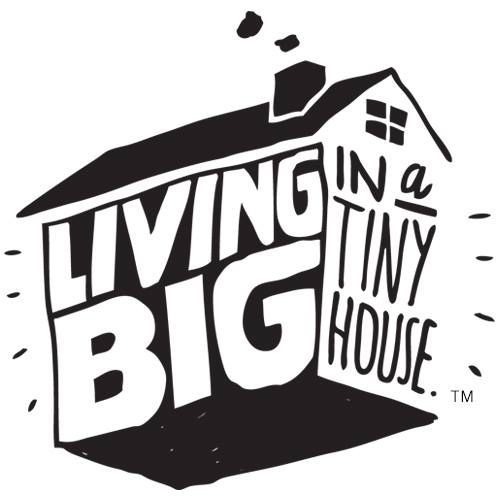
Today, continuing our series of interviews with Kiwis doing innovative things enabled by the internet, I’m talking with Bryce to get an understanding of how he came to start the channel, how he has seen the “tiny house movement” evolve over the years, and what life as a successful YouTuber is like.
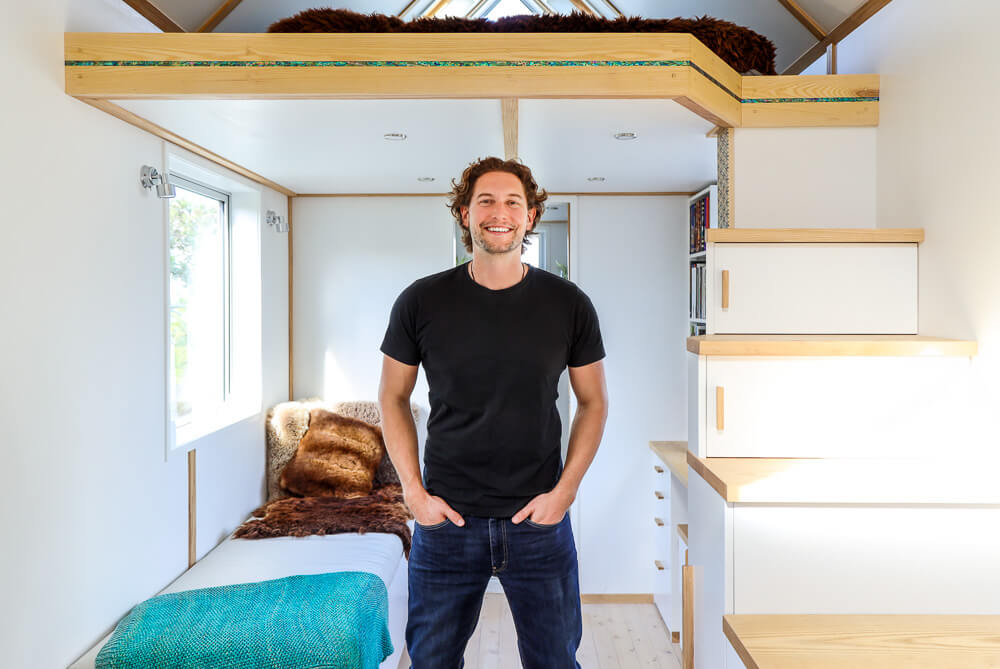
You strike me as a man of many talents – actor, musician, filmmaker, environmentalist – the list goes on. Amongst all of this, what led to the creation of your YouTube channel, and subsequent ongoing effort building it up to what it is today?
Thank you. Honestly it really came from a personal desire to share the tiny house movement, something which I had become really passionate about, with others.
Around the world, and certainly here in New Zealand, I knew so many people who had given up on the idea that they would ever be able to own their own home.
I originally started the YouTube channel just to share the idea of tiny houses with others in the hopes that they may also see a potential solution there.
Did you have a goal from early on of building your channel to the level you’ve achieved today? I’d love to hear about that early perspective, and how you worked to grow the channel in those early days.
When I originally started creating videos on YouTube, I had absolutely no idea that it would turn into what it is today. I figured that I would create a few videos, that it would be an interesting slice of life to look back on, perhaps give some others some ideas in the process, and that I would go back to focusing on acting and music.
The channels success was very organic and I think largely because the content is just so relevant. People need a place to live and conventional models of home ownership are out of reach of many people.
Unlike other architecture shows, I think that people watching Living Big in a Tiny House have a greater connection with the show because they see building a tiny house as something which is actually achievable for them.
So ultimately, I think the first key is to be creating content that is really meeting a need. Once the videos started gaining traction, it was a matter of consistency and continuing to produce videos and new episodes.
One of the early keys to success was to connect with other websites and bloggers out there who were hungry for content to talk about. There are many large websites on the internet which share a lot of content, but don’t create anything for themselves. Connecting as a creator with these websites helped to grow the audience significantly in the early years.
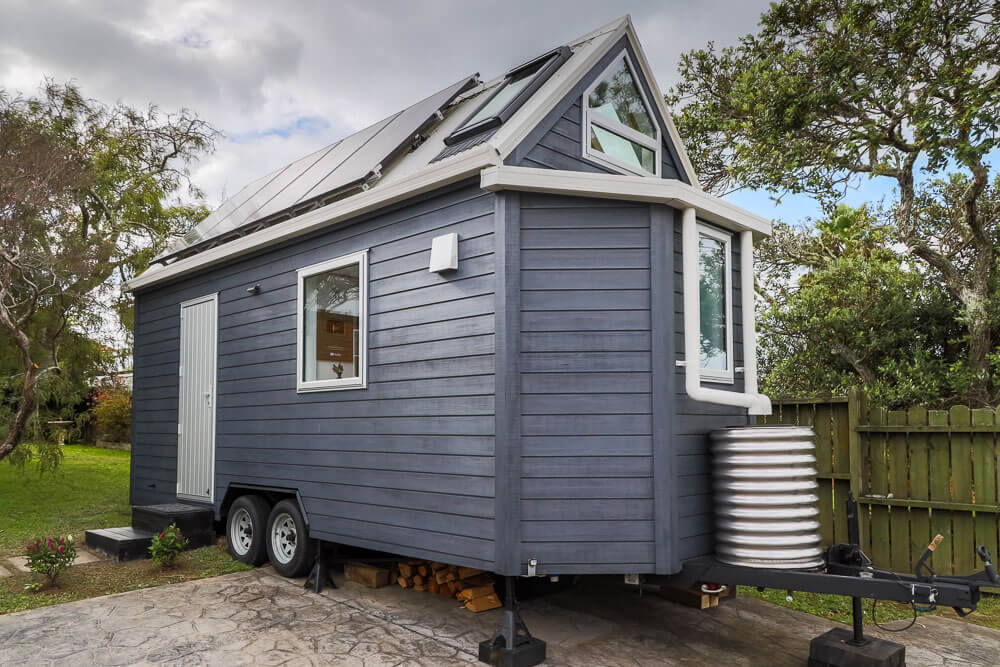
The tiny house community in New Zealand (and around the world) seems to be thriving today, but I imagine it was a much smaller movement back when you were just starting out? Talk to us about how you have seen this change over the years.
It’s been really wonderful to see this growth.
When I started the channel, almost 8 years ago now, tiny houses were something that not many people in New Zealand had heard of. Since then, they have exploded in New Zealand in a big way, to the point where I would say it’s almost a mainstream concept now.
It’s been really wonderful to watch a movement grow from it’s very early days, but honestly, the best part for me is seeing so many people now happy in their homes. From people who are just getting started on the housing ladder to those downsizing for their retirement, tiny homes have given so many people a secure place to call home, while also providing people with a lower cost of living and greater financial freedom. It’s great to see!
The internet has enabled you to build a fantastic community, and what no doubt is now a very successful business, because of your consistent hard work over many years. How do you think about the internet as an enabler of side-hustles, creative start-ups, and social media audience building for Kiwis?
Of course the internet is a total game changer and ultimately that’s really because of it’s ability to connect people.
You can have a concept like tiny houses, which is a bit on the fringe and not really in most peoples consciousness, but online can connect with thousands or millions of like minded individuals who share that interest.
Through this, it’s possible to turn a hobby into a successful business, a side hustle into a viable income source, or even grow a popular web series out of a fringe housing concept.
That’s what I love about the internet, it doesn’t matter how wacky your idea is, you can connect with a community of people who will be into it.
I think despite the amazing opportunities that are available to us all in the form of social media and other platforms layered on top of the internet today, many Kiwis don’t believe that success with their own endeavour is realistic. Many believe that only a “lucky few” can possibly earn a living on a platform such as YouTube, and only then as larger-than-life celebrities with many millions of subscribers. How do you think about this?
I definitely think that luck plays it’s part in the social media world, just as it does in all aspects of life, however luck can mean different things to different people.
I’ve always liked the saying that luck is where preparation and opportunity meet.
You have to work hard, be consistent, create from the heart and thanks to that preparation, when the opportunity comes you’ll be ready for it.
The social media world is constantly changing. There are always new platforms and new trends, all of which carry tremendous opportunity and it’s important to keep your finger on the pulse of what’s going on and how to grow and adapt with those changes.
What aspects of building your Living Big channel have been most rewarding for you over the years?
Personally, for me it’s all about the people. Through Living Big, my partner Rasa and I have been able to travel all over the world and have made the most wonderful new friends all over the globe.
Beyond that though, it’s also the growth of our community and seeing people’s tiny house creations which have been inspired through watching the show. That’s incredibly rewarding.
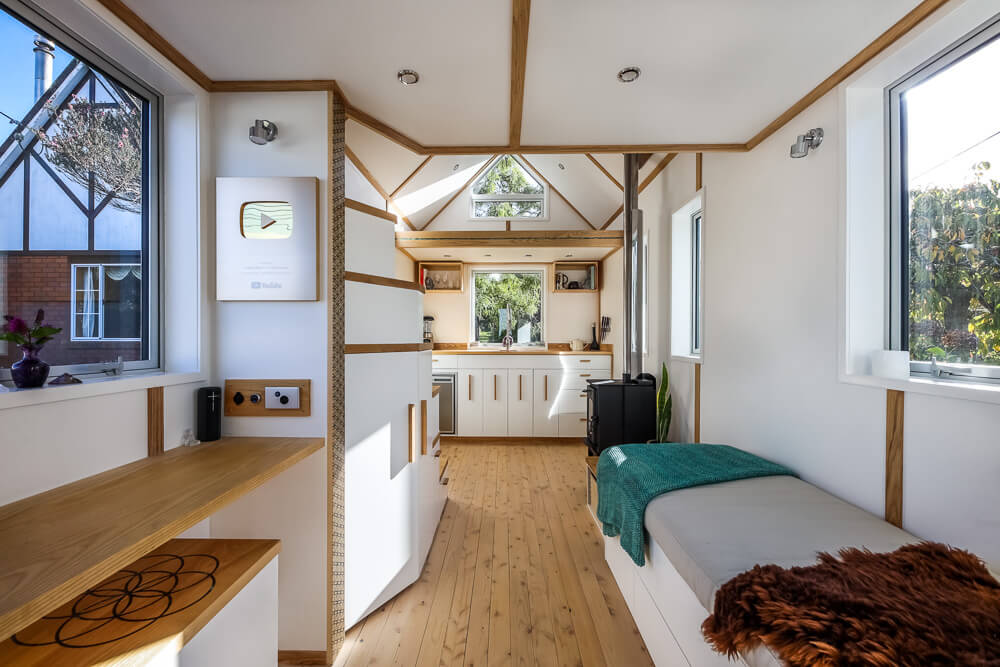
How have you found so many people living in these interesting alternative housing arrangements to feature on your channel? I imagine this was more difficult in the earlier years?
It was certainly much tougher in the early years, but there has always been interesting projects out there to talk about.
While the modern tiny house movement is considered something as new, people have lived in small, humble, simple shelter for most of human existence so there’s always been lots out there to find.
Fortunately now, there is abundant content all over the world. Many people reach out to us via our website who are keen to be featured on the show, and we also are constantly looking for new places to feature via social media. It’s a big part of the job!
If your channel and progress to-date magically disappeared today, what would be your next move starting from scratch? Would you start another YouTube channel and build it back up using the same type of blueprint? Or would you go in a totally new direction?
If that were to happen, I think I would probably create a new YouTube channel, but perhaps do something a bit different.
One of the reasons I began working as an actor was because I loved the variety and that each and every role could be something totally different.
I still love what I’m doing today with Living Big in a Tiny House, but if I had to start again I’d do something different to keep my own personal interest really high.
What gets you most excited about the tiny house movement today?
So much.
First and foremost just watching people get into their own homes, but also consistently seeing all the wonderful and creative ideas that people build into their homes.
When I started the show I was sure there would come a point where I had seen it all, but all these years later I’m still blown away by the innovation we see.
Now, I honestly believe I could do this job for my whole life and only scratch the surface of what’s possible.
You’ve travelled around New Zealand and many countries around the world in order to film interesting unique tiny homes and alternative dwellings, which must bring you into contact with many fascinating (and inspiring) people living life their own way. What are some moments or memories that stand out to you?
Absolutely! The tiny house community is made up of such a wonderfully diverse group of people, and yet one thing that I do feel they all have in common is a desire to do life on their own terms.
We have made wonderful memories traveling the world and visiting really interesting people.
There have been so many wonderful moments and it feels unfair to single out any one of them, but with each of those videos you see on our channel, there is a whole life lived beyond what’s filmed on camera. There are hikes in the woods, wonderful meals shared, laughs around camp fires and countless beautiful memories made.
YouTube creators are often viewed these days as having a “dream job” – and becoming a YouTuber is now the most popular desired career choice of kids, displacing even things like professional sports star or famous musician. What advice would you give to people, young or old, wanting to create a successful YouTube channel?
I think success on YouTube is just like success with anything else. It has to start with a good idea, and after that it’s all about hard work. There’s a lot that goes into creating videos and I feel that as YouTube grows as a platform, content creators area always raisin the bar in terms of production quality.
Ultimately though, I think the most important thing is to just start. Don’t focus on being perfect, just start creating content and see what works for you. Find your audience, pay attention to your audience feedback as well as your analytics and continue to grow and hone your craft.
Over 2020 New Zealand and the wider world obviously saw a dramatic shift in the perception of how productive and acceptable working-from-home could be, particularly for office workers - and this has brought about a better work/life balance for many people. While normal for most YouTubers, it has been quite a step-change for employers and employees around the country. How do you think about this?
I absolutely believe that in the future working from home will be the norm.
If you work in Auckland city, you can spend two hours of your day just sitting in traffic to get to the office. I don’t know anyone who would call that productive.
Working from home has it’s own challenges though. You have to be self motivated and I think it does require a bit of extra drive. That being said, if you love what you do, then you’ll naturally do it and the need to motivate yourself is greatly diminished.
There are social aspects which can be challenging if you’re working from home and working on your own. Many people rely on the office as a way to socialise and I think in the future this need will be met through co-working hubs, which can be really great environments for creators and entrepreneurs.
I’m interested to understand what the average day or week looks like for a YouTuber such as yourself. I’m guessing a big part of it would be researching tiny houses to film, talking with prospective guests and your audience, travelling to locations, filming, and large amounts of time-consuming video editing? Talk to us about what a day or week looks like for you!
There really is no average week, it’s always different and that’s what I like about it.
There’s always research, filming, editing and marketing the content but the place and people are always changing.
Sometimes we spend extended periods of time traveling to film new episodes, and when we get ahead we are able to spend longer at home which is also really nice.
There’s also other things such as media interviews and managing our channel sponsorships which help to pay a lot of the production costs for the show now.
I believe you still to this day have just a two-person team behind the channel? I’d love some insight into how your production process of your content looks – who does your content planning, outreach, filming, editing, uploading and so on?
We do. Rasa joined me on the show about 5 years ago. She previously had no experience with filming or editing but had a whole truck load of passion for it, and so she trained herself into a brilliant videographer and editor.
We both share the filming, but over the years she has taken more of the production work off of my hands, which has freed me up to be able to also do things such as writing our book, and focusing on more of the business growth side of things which is great.
We have recently started working with another editor to help reduce that work load though, as especially when we are traveling and filming new content, it can be really difficult to stay on top of the editing.
I’m sure you’ve refined your filming and editing processes over the years? What software, filming gear and online tools do you (and your team) use, and what has driven those choices?
Our production equipment choices have really been driven by what’s compact and effective. We travel all the time and it’s just the two of us so we can’t be too weighed down by our equipment.
We are currently filming on Canon EOS-R camera’s , a DJI Mavic Pro-2 Drone, Sennheiser wireless microphones, a tripod and our MacBook Pro’s for editing. It’s simple, but everything we need.
How have you found Patreon as a creator, and how would you explain it to those not familiar with that platform?
Patreon is a brilliant platform which has helped a lot of creators.
I think that for new creators starting out it’s an especially powerful tool. If you rely on ad revenue for your income, you need hundreds of thousands if not millions to be watching your content before you’re able to generate significant income, yet with Patreon, if you can get a few hundred or a thousand supporting you on that platform, then it can already be enough to totally focus your time on what you’re creating. That’s a real game changer!
Beyond your YouTube channel, you’ve obviously put time and effort into building out your website with plenty of useful information and resources for your audience. How do you think about this versus energy spent creating content for your YouTube channel?
No-matter what platform you create on, it’s always important to have a hub of your own.
Platforms come and go, trends change and you’re not in control of any of that, but you are in control of your website. So it’s always a good idea to ensure that you have a strong home-base and build your own mailing lists etc.
If there are any behind-the-scenes insights you’re happy to share around channel growth, business successes, or other milestones you’ve reached along your journey so far, I’m sure our readers would be very interested to hear these, as would I!
Really, to just follow your passion.
When I started Living Big I never expected it to turn into an income source. I couldn’t believe it when I made enough money off one of my videos to buy a cup of coffee.
Several years later, that had grown into something where I didn’t have to do anything else. Find an idea that you love, create content that you would want to watch, and do it first and foremost because you love it and you’re excited to share it with the world.
Where would you recommend people start if they’d like to check out what Living Big in a Tiny House is all about?
Go visit our website at www.livingbiginatinyhouse.com! :)
Want more interesting interviews from Voyager?
If you’d like to read more interviews with Kiwi founders doing interesting things enabled by the internet, stay tuned, as we here at Voyager have a whole series of them coming out!
Thanks again to Bryce for this intriguing discussion - very inspiring.
 Winners - Best Business Broadband Provider & People's Choice - Broadband 2025
Winners - Best Business Broadband Provider & People's Choice - Broadband 2025
